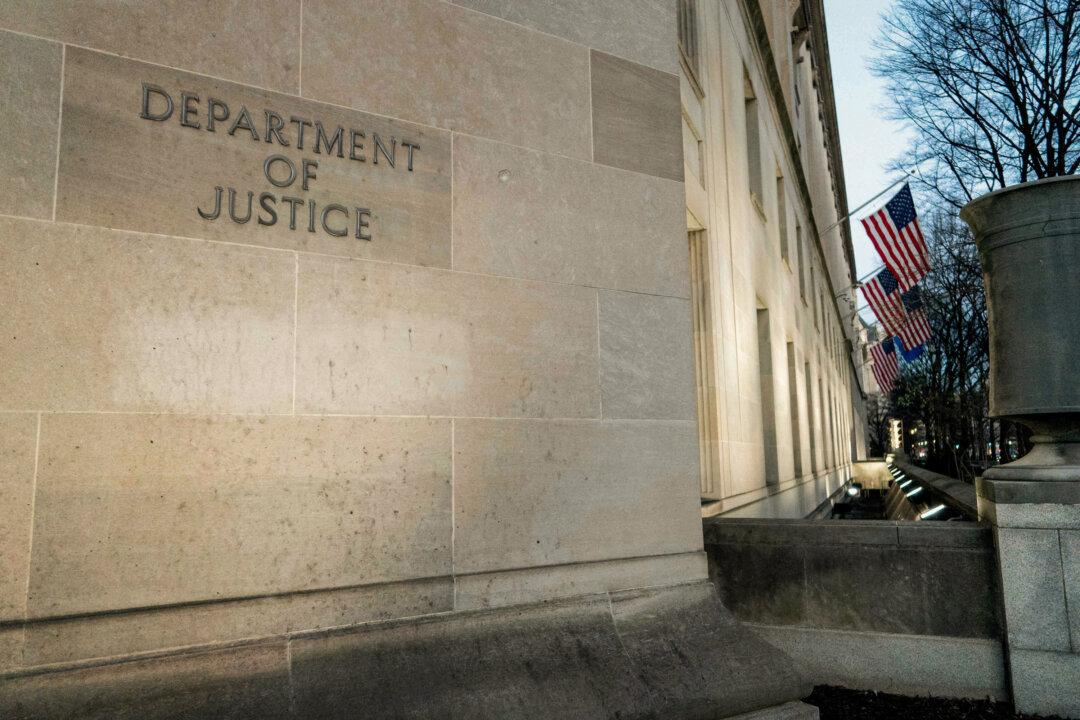An Iranian and a Chinese national have been charged in a scheme to illegally supply U.S.-made drone components to Iran, according to the Department of Justice.
Iranian national Hossein Hatefi Ardakani and Chinese national Gary Lam are accused in the scheme that spanned from at least September 2014 to September 2015, the DOJ said in an indictment unsealed on Dec. 19. Mr. Lam, also known as Lin Jinghe, was based in Hong Kong and China during that period.




